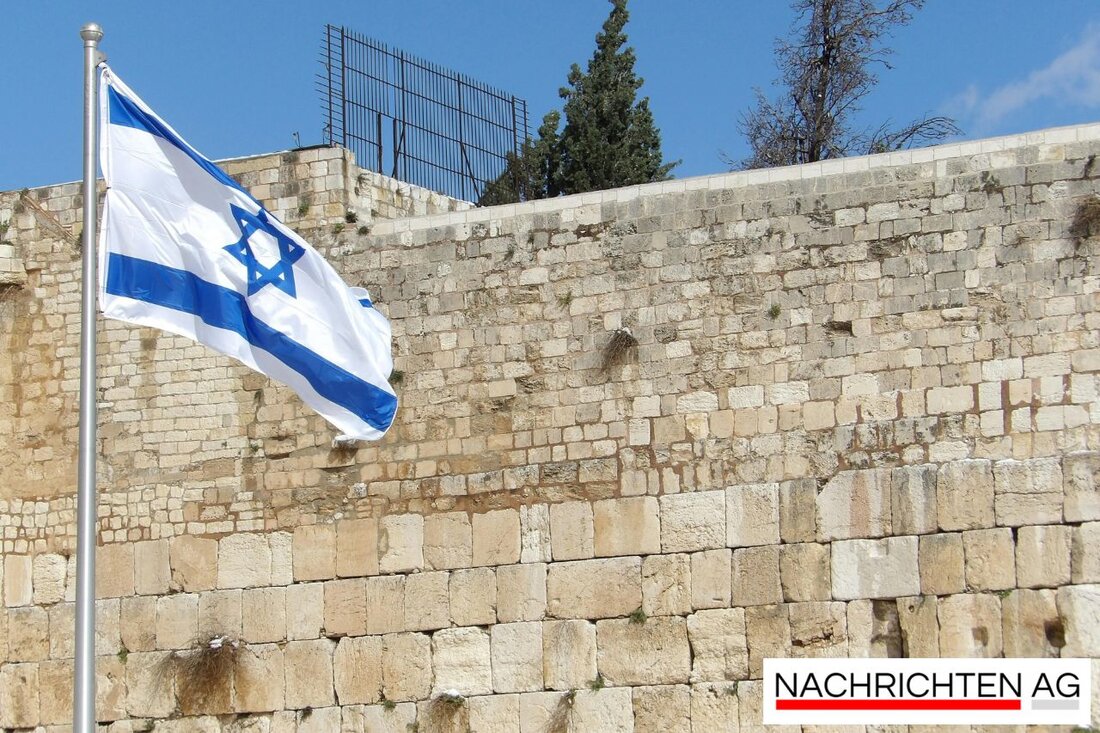Levin vs. Carlson: The Fearsome Clash Over Iran's Nuclear Ambitions

Hollywood, United States - In the ever-shifting landscape of international politics, few issues are as contentious as Iran’s nuclear ambitions. With tensions rising, especially regarding the Biden administration’s approach, voices like Mark Levin’s are becoming increasingly vocal on platforms such as Fox News. Levin has been a staunch opponent of any diplomatic engagement with Iran, arguing that the current trajectory could lead to heightened global nuclear competition.
Mark Levin, host of Fox News’s Life, Liberty, & Levin, emphatically states that the Biden administration’s potential re-entry into the Joint Comprehensive Plan of Action (JCPOA) might empower Iran’s nuclear aspirations significantly. He recently warned that this move could embolden Tehran, especially following a missile strike launched by Iran’s Revolutionary Guard near a U.S. consulate on March 13, 2022. This incident raises questions about the effectiveness of negotiations when the other party displays clear aggression.
The Dangers of Diplomacy
Levin argues that the Biden administration allowing Russia to negotiate on behalf of the U.S. only further threatens American security. His concerns resonate with warnings that if Iran secures nuclear capabilities, it risks destabilizing not only the Middle East but also the global arena, potentially leading to actions against Israel and other neighboring nations. He has criticized the proposed deal as weaker than the original and warns that such agreements might provide Iran with significant financial resources, enabling them to support terrorism more aggressively.
Tucker Carlson contrasts Levin’s hawkish stance by questioning the credibility of claims suggesting Iran is nearing nuclear weapon development. He believes that if the U.S. government genuinely assessed a nuclear threat from Iran, military action would already be underway. Carlson’s critiques highlight a critical debate within American foreign policy: whether to engage diplomatically or to pursue military means. He argues that a military strike could lead to further underground development of Iran’s nuclear program, creating a more complex geopolitical headache.
Undeclared Nuclear Activity
Recent revelations from a confidential report by the International Atomic Energy Agency (IAEA) add depth to the concerns surrounding Iran’s nuclear program. The IAEA is investigating three locations alleged to have been involved in secret nuclear activities. These findings may lead the U.S., along with Britain, France, and Germany, to formally declare Iran in violation of its non-proliferation obligations, which would mark the first such finding in nearly 20 years. The report reveals that Iran’s cooperation with the agency has been „less than satisfactory,“ intensifying scrutiny as traces of uranium were found at various sites.
Notably, Iran’s stock of uranium enriched to up to 60% has increased to 408.6 kg. This amount could hypothetically support the development of up to nine nuclear weapons if further enriched. As pointed out in the IAEA report, the facilities at Lavisan-Shian had previously conducted tests involving uranium metal related to nuclear weapon detonation. This discovery has not escaped the attention of Israeli officials, with Prime Minister Naftali Bennett asserting that this supports claims regarding Iran’s resolute ambition to finalize its nuclear weapons program.
The Future of U.S.-Iran Relations
While dialogues regarding nuclear deals persist, Iran continues to assert its nuclear program is peaceful and dismisses accusations as politically motivated. As negotiations continue, Iran’s foreign minister stated that elements of a U.S. proposal have been presented for consideration, suggesting that a diplomatic path remains open. However, as history demonstrates, skepticism about the outcomes of such talks is justified.
In light of Levin’s fierce criticism of diplomacy, it seems clear that the debate over how to handle Iran’s nuclear ambitions is far from settled. With upcoming meetings of the IAEA Board of Governors, which may further challenge Iran’s compliance, the narrative surrounding U.S. foreign policy in this arena is likely to evolve. As Levin cautions against any resumption of the JCPOA, it’s worth reflecting on the possible repercussions of both military and diplomatic strategies in addressing Iran’s nuclear threat.
| Details | |
|---|---|
| Ort | Hollywood, United States |
| Quellen | |
